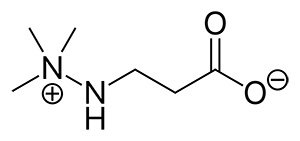category
Anti-Ischemic

The treatment with drugs has two different purposes: to reduce the symptoms of angina and to reduce the risk of acute coronary events and the progress of atherosclerosis in the coronary vessels.
Short-acting nitrates, (nitroglycerin, glyceryl nitrate), are standard treatments for angioplasty in angina pectoris. The preparations are administered via the oral mucosa and are administered either as a tablet or spray. Busy is fast and full power is reached within minutes.
Long-acting nitrates, such as isosorbide mononitrate, have a well-established site as seizure prevention treatment for stable angina pectoris. The effect is mediated by nitric oxide (NO) and is mainly based on vascular dilatation on the venous side, which results in a reduced pre-load on the heart.
Beta-blockers have a good angina prevention effect by reducing the energy requirements of the heart muscle through attenuated heart rate and counteracting the increase in contractility that sympathetic addiction leads to.

Anti-Ischemic
Mildronate
Mildronate is a popular solution for a wide range of health-improving effects. The drug improves metabolic processes within tissues, and can be used to treat various types of diseases in which there is an insufficient supply of nutrient supply to cells observed alongside with the accumulation of harmful decomposition products in them.
